
CSUN University Library celebrates Black History Month this February. Log into OneSearch to get online access or request through Interlibrary Loan.
There will also be a physical book display inside the University Library Lobby, starting February 3rd
Online copies of these books may be limited through the CSUN University Library, if it is unavailable you can check the Los Angeles Public Library or other local libraries near you for online access, or visit in person for physical copies.
Summaries for books come from publishers, Goodreads or Amazon.
Other Black History Events on Campus
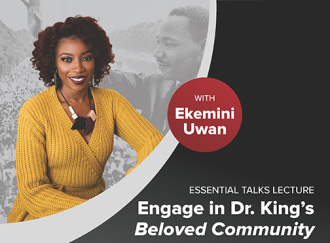
Essential Talks Lecture: Engage in Dr. King's Beloved Community with Ekemini Uwan.
Thursday, February 22. 6:30pm - Northridge Center, University Student Union
Join us in an eye-opening conversation with CSUN alum Ekemini Uwan about Dr. Martin Luther King’s journey toward the ultimate goal of love and justice. Ekemini Uwan is a public theologian, international human rights activist and co-author of the 2023 NAACP Image Award nominated book Truth’s Table: Black Women’s Musings on Life, Love, and Liberation.
Learn more about the Essential Talks Lecture
Virtual Book Display
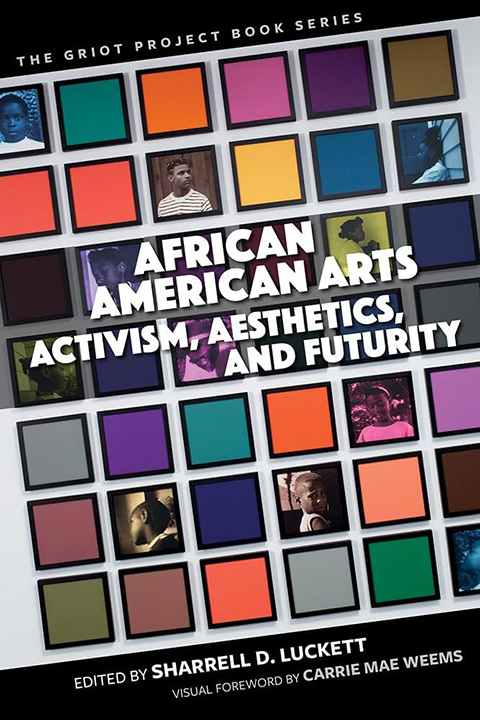
Signaling such recent activist and aesthetic concepts in the work of Kara Walker, Childish Gambino, BLM, Janelle Monáe, and Kendrick Lamar, and marking the exit of the Obama Administration and the opening of the National Museum of African American History and Culture, this anthology explores the role of African American arts in shaping the future, and further informing new directions we might take in honoring and protecting the success of African Americans in the U.S.
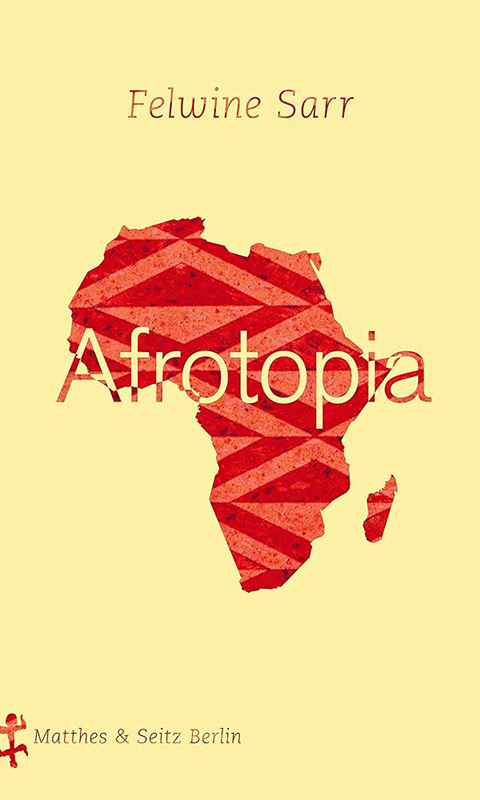
A vibrant meditation and poetic call for an African utopian philosophy of self-reinvention for the twenty-first century. Through a reflection on contemporary African writers, artists, intellectuals, and musicians, philosopher Felwine Sarr elaborates Africa’s unique philosophies and notions of communal value and economy deeply rooted in its ancient traditions and landscape. Sarr takes the reader on a philosophical journey that is as much inward as outward, demanding an elevation of the collective consciousness.
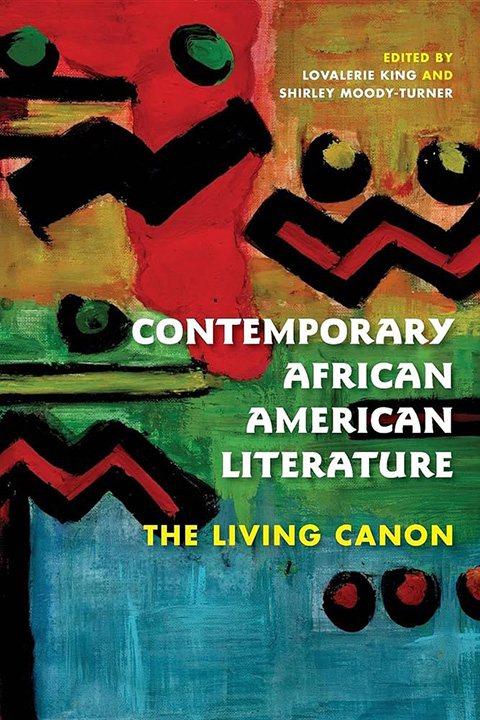
Essays exploring contemporary black fiction and examining important issues in current African American literary studies.
In this volume, Lovalerie King and Shirley Moody-Turner have compiled a collection of essays that offer access to some of the most innovative contemporary black fiction while addressing important issues in current African American literary studies. Distinguished scholars Houston Baker, Trudier Harris, Darryl Dickson-Carr, and Maryemma Graham join writers and younger scholars to explore the work of Toni Morrison, Edward P. Jones, Trey Ellis, Paul Beatty, Mat Johnson, Kyle Baker, Danzy Senna, Nikki Turner, and many others. The collection is bracketed by a foreword by novelist and graphic artist Mat Johnson, one of the most exciting and innovative contemporary African American writers, and an afterword by Alice Randall, author of the controversial parody The Wind Done Gone. Together, King and Moody-Turner make the case that diversity, innovation, and canon expansion are essential to maintaining the vitality of African American literary studies.
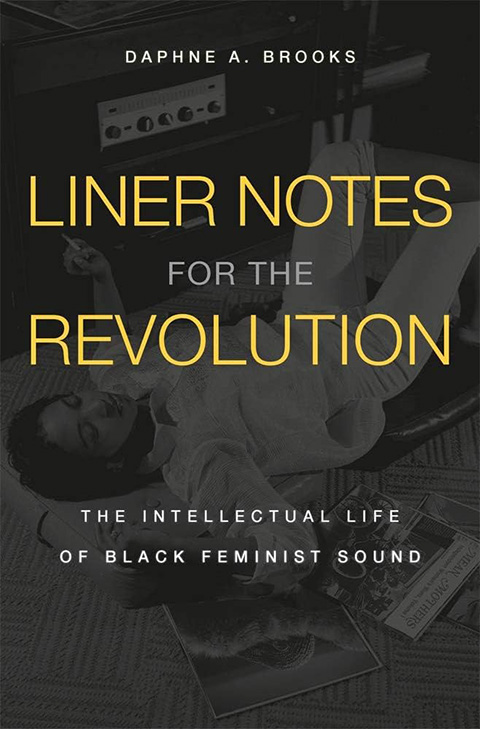
Daphne A. Brooks explores more than a century of music archives to examine the critics, collectors, and listeners who have determined perceptions of Black women on stage and in the recording studio. How is it possible, she asks, that iconic artists such as Aretha Franklin and Beyoncé exist simultaneously at the center and on the fringe of the culture industry?
Liner Notes for the Revolution offers a startling new perspective on these acclaimed figures—a perspective informed by the overlooked contributions of other Black women concerned with the work of their musical peers. Zora Neale Hurston appears as a sound archivist and a performer, Lorraine Hansberry as a queer Black feminist critic of modern culture, and Pauline Hopkins as America’s first Black female cultural commentator. Brooks tackles the complicated racial politics of blues music recording, song collecting, and rock and roll criticism.
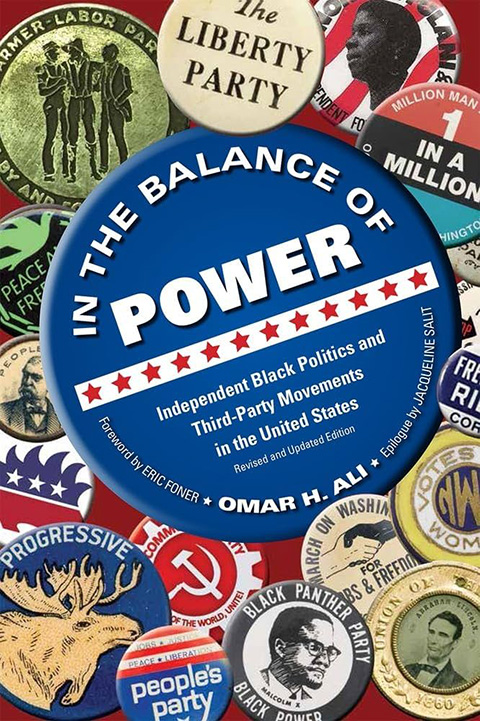
Reveals the multiple independent political tactics and strategies that African Americans have used to expand democracy and uphold civil and political rights since the founding of the nation. This new edition of Ali’s groundbreaking narrative includes an epilogue by independent political analyst and leader Jacqueline Salit. New material addresses the historic presidencies of both Barack Obama and Donald Trump, as well as the rising tide of independent and anti-party sentiments.
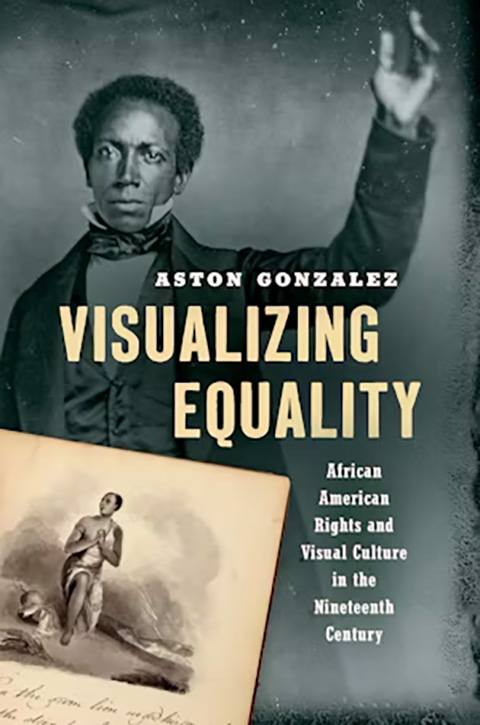
The fight for racial equality in the nineteenth century played out not only in marches and political conventions but also in the print and visual culture created and disseminated throughout the United States by African Americans. Advances in visual technologies--daguerreotypes, lithographs, cartes de visite, and steam printing presses--enabled people to see and participate in social reform movements in new ways. African American activists seized these opportunities and produced images that advanced campaigns for black rights. In this book, Aston Gonzalez charts the changing roles of African American visual artists as they helped build the world they envisioned.
Understudied artists such as Robert Douglass Jr., Patrick Henry Reason, James Presley Ball, and Augustus Washington produced images to persuade viewers of the necessity for racial equality, black political leadership, and freedom from slavery. Moreover, these activist artists’ networks of transatlantic patronage and travels to Europe, the Caribbean, and Africa reveal their extensive involvement in the most pressing concerns for black people in the Atlantic world. Their work demonstrates how images became central to the ways that people developed ideas about race, citizenship, and politics during the nineteenth century.
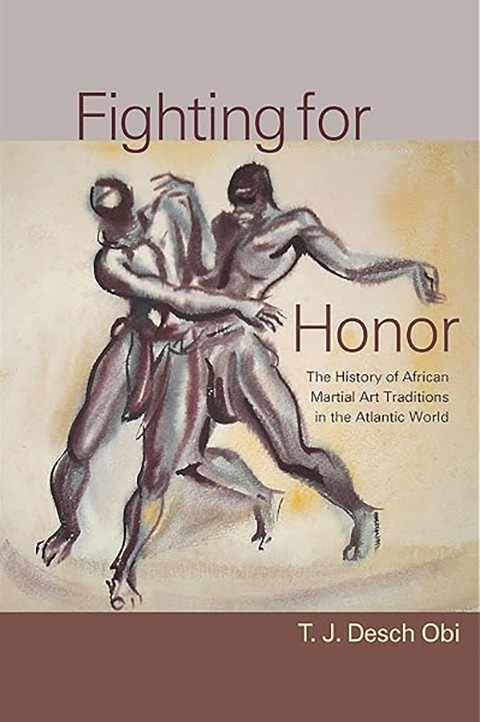
The presence of African influence and tradition in the Americas has long been recognized in art, music, language, agriculture, and religion. T. J. Desch-Obi explores another cultural continuity that is as old as eighteenth-century slave settlements in South America and as contemporary as hip-hop culture. In this thorough survey of the history of African martial arts techniques, Desch-Obi maps the translation of numerous physical combat techniques across three continents and several centuries to illustrate how these practices evolved over time and are still recognizable in American culture today. Some of these art traditions were part of African military training while others were for self-defense and spiritual discipline.
Grounded in historical and cultural anthropological methodologies, Desch-Obi's investigation traces the influence of well-delineated African traditions on long-observed but misunderstood African and African American cultural activities in North America, Brazil, and the Caribbean. He links the Brazilian martial art capoeira to reports of slave activities recorded in colonial and antebellum North America. Likewise Desch-Obi connects images of the kalenda African stick-fighting techniques to the Haitian Revolution. Throughout the study Desch-Obi examines the ties between physical mastery of these arts and changing perceptions of honor.
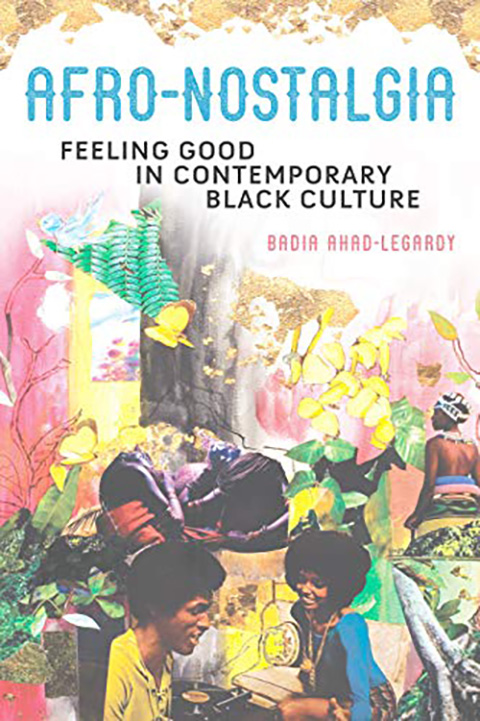
Badia Ahad-Legardy mines literature, visual culture, performance, and culinary arts to form an archive of black historical joy for use by the African-descended. Her analysis reveals how contemporary black artists find more than trauma and subjugation within the historical past. Drawing on contemporary African American culture and recent psychological studies, Ahad-Legardy reveals nostalgia's capacity to produce positive emotions. Afro-nostalgia emerges as an expression of black romantic recollection that creates and inspires good feelings even within our darkest moments.
Original and provocative, Afro-Nostalgia offers black historical pleasure as a remedy to contend with the disillusionment of the present and the traumas of the past.
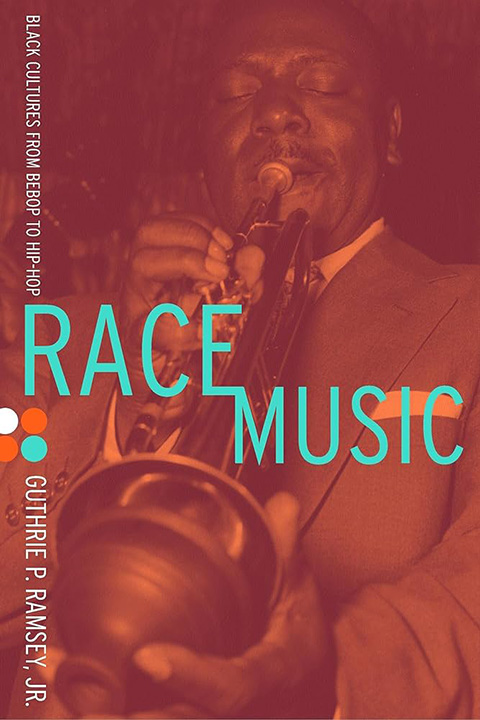
This powerful book covers the vast and various terrain of African American music, from bebop to hip-hop. Guthrie P. Ramsey, Jr., begins with an absorbing account of his own musical experiences with family and friends on the South Side of Chicago, evoking Sunday-morning worship services, family gatherings with food and dancing, and jam sessions at local nightclubs. This lays the foundation for a brilliant discussion of how musical meaning emerges in the private and communal realms of lived experience and how African American music has shaped and reflected identities in the black community. Deeply informed by Ramsey's experience as an accomplished musician, a sophisticated cultural theorist, and an enthusiast brought up in the community he discusses, Race Music explores the global influence and popularity of African American music, its social relevance, and key questions regarding its interpretation and criticism.
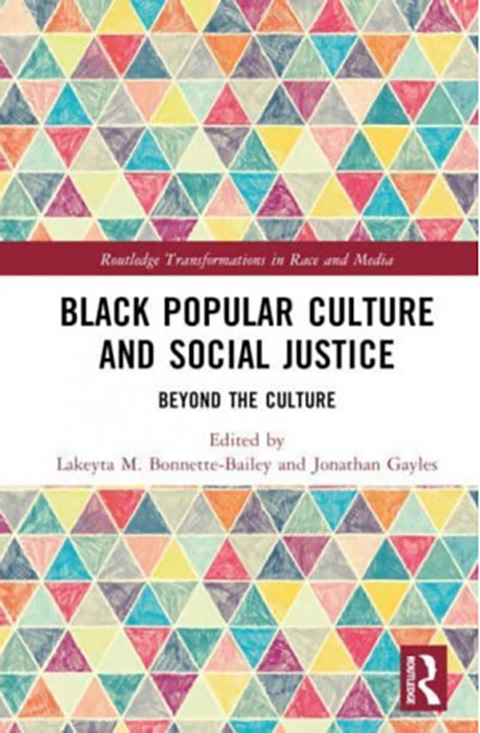
This volume examines the use of Black popular culture to engage, reflect, and parse social justice, arguing that Black popular culture is more than merely entertainment. Moving beyond a focus on identifying and categorizing cultural forms, the authors examine Black popular culture to understand how it engages social justice, with attention to anti-Black racism. Black Popular Culture and Social Justice takes a systematic look at the role of music, comic books, literature, film, television, and public art in shaping attitudes and fighting oppression. Examining the ways in which artists, scholars, and activists have engaged, discussed, promoted, or supported social justice - on issues of criminal justice reform, racism, sexism, LGBTQIA rights, voting rights, and human rights - the book offers unique insights into the use of Black popular culture as an agent for change. This timely and insightful book will be of interest to students and scholars of race and media, popular culture, gender studies, sociology, political science, and social justice.
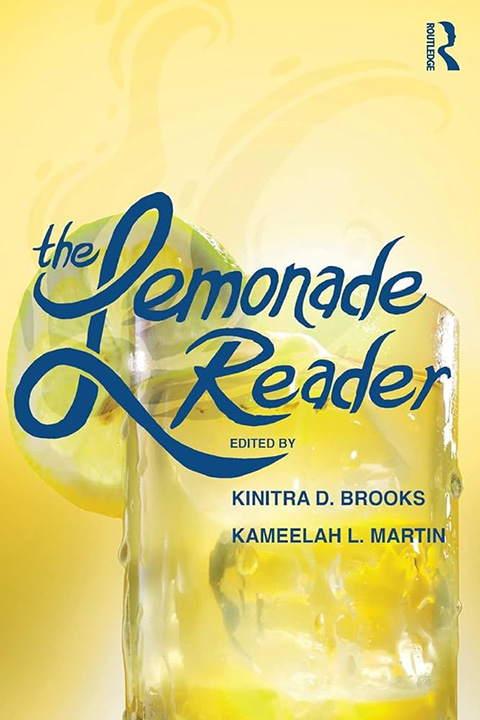
The Lemonade Reader is an interdisciplinary collection that explores the nuances of Beyonc's 2016 visual album, Lemonade. The essays and editorials present fresh, cutting-edge scholarship fueled by contemporary thoughts on film, material culture, religion, and black feminism. Envisioned as an educational tool to support and guide discussions of the visual album at postgraduate and undergraduatelevels, The Lemonade Reader critiques Lemonade's multiple Afrodiasporic influences, visual aesthetics, narrative arc of grief and healing, and ethnomusicological reach. The essays, written by both scholars and popular bloggers, reflects a broad yet uniquely specific black feminist investigation into constructions of race, gender, spirituality, and southern identity. The Lemonade Reader gathers a newer generation of black feminist scholars to engage in intellectual discourse and confront the emotional labor around the Lemonade phenomena. It is the premiere source for examining Lemonade, a text that will continue to have a lasting impact on black women's studies and popular culture.
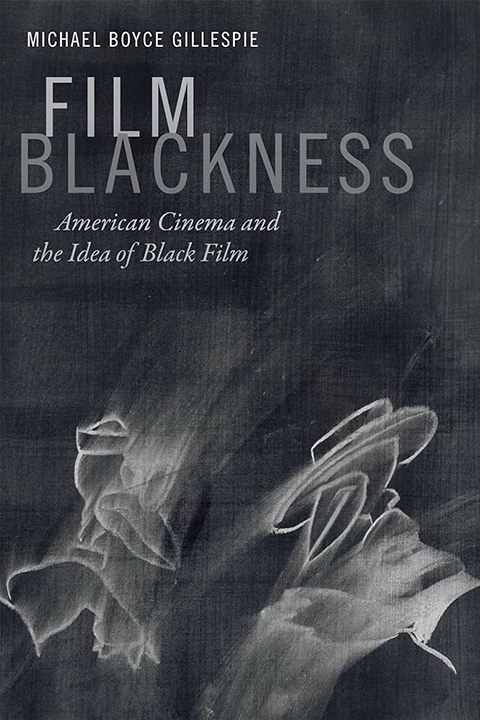
In Film Blackness Michael Boyce Gillespie shifts the ways we think about black film, treating it not as a category, a genre, or strictly a representation of the black experience but as a visual negotiation between film as art and the discursivity of race. Gillespie challenges expectations that black film can or should represent the reality of black life or provide answers to social problems. Instead, he frames black film alongside literature, music, art, photography, and new media, treating it as an interdisciplinary form that enacts black visual and expressive culture. Gillespie discusses the racial grotesque in Ralph Bakshi's Coonskin (1975), black performativity in Wendell B. Harris Jr.'s Chameleon Street (1989), blackness and noir in Bill Duke's Deep Cover (1992), and how place and desire impact blackness in Barry Jenkins's Medicine for Melancholy (2008). Considering how each film represents a distinct conception of the relationship between race and cinema, Gillespie recasts the idea of black film and poses new paradigms for genre, narrative, aesthetics, historiography, and intertextuality.
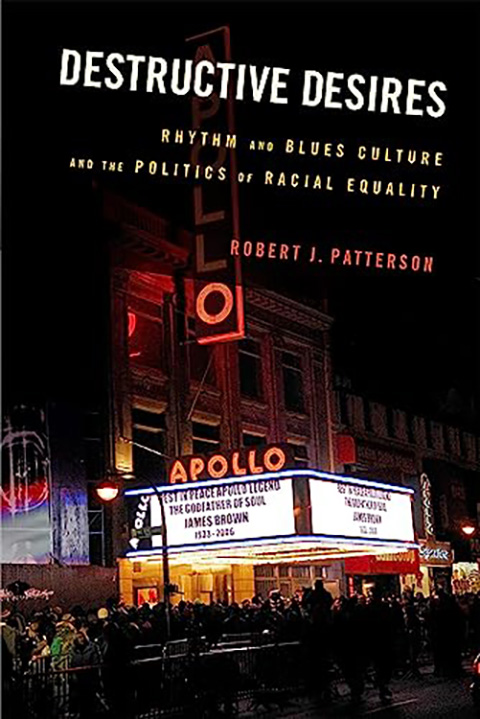
Despite rhythm and blues culture's undeniable role in molding, reflecting, and reshaping black cultural production, consciousness, and politics, it has yet to receive the serious scholarly examination it deserves. Destructive Desires corrects this omission by analyzing how post-Civil Rights era rhythm and blues culture articulates competing and conflicting political, social, familial, and economic desires within and for African American communities. As an important form of black cultural production, rhythm and blues music helps us to understand black political and cultural desires and longings in light of neo-liberalism's increased codification in America's racial politics and policies since the 1970's. Robert J. Patterson provides a thorough analysis of four artists-Kenneth "Babyface" Edmonds, Adina Howard, Whitney Houston, and Toni Braxton-to examine black cultural longings by demonstrating how our reading of specific moments in their lives, careers, and performances serve as metacommentaries for broader issues in black culture and politics.
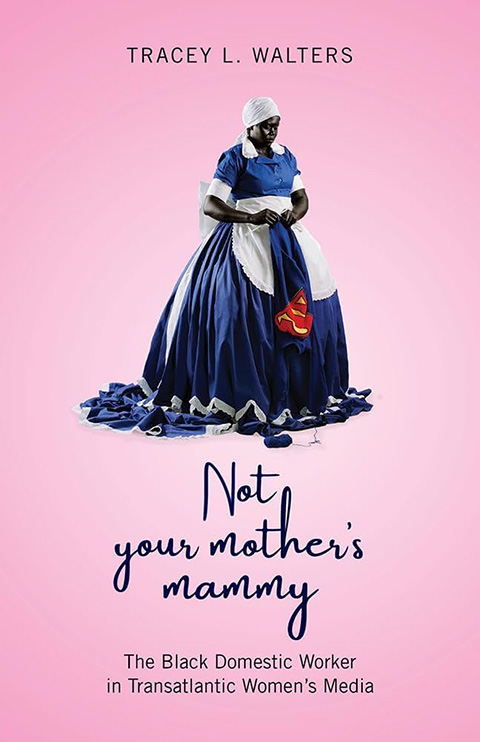
Not Your Mother’s Mammy examines how black artists of the African diaspora, many of them former domestics, reconstruct the black female subjectivities of domestics in fiction, film, and visual and performance art. In doing so, they undermine one-dimensional images of black domestics as victims lacking voice and agency and prove domestic workers are more than the aprons they wear. An analysis of selected media by Alice Childress, Nandi Keyi, Victoria Brown, Kara Walker, Mikalene Thomas, Rene Cox, Lynn Nottage, and others provides examples of generations of domestics who challenged their performative roles of subservience by engaging in subversive actions contradicting the image of the deferential black maid. Through verbal confrontation, mobilization, passive resistance, and performance, black domestics find their voices, exercise their power, and maintain their dignity in the face of humiliation. Not Your Mother’s Mammy brings to life stories of domestics often neglected in academic studies, such as the complexity of interracial homoerotic relationships between workers and employers, or the mental health challenges of domestics that lead to depression and suicide. In line with international movements like #MeToo and #timesup, the women in these stories demand to be heard.
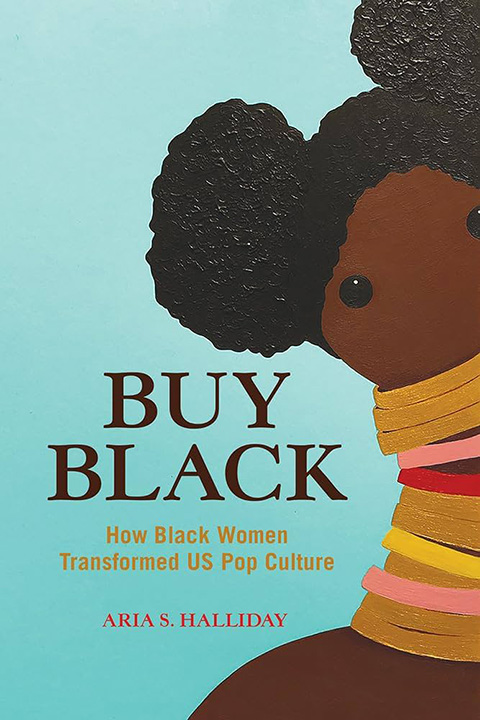
Negotiating the line between "sell out" and "for us, by us," Buy Black explores how Black women cultural producers further Black women's historical position as the moral compass and arbiter of Black racial progress in the United States. Black women cultural producers' aesthetic choices communicate that even though capitalist discourses dictate that anything is sellable in our society, there are some symbols of beauty, femininity, and sexuality that sell better than others because of how they occupy the set of already recognizable and, at times, relatable representations of blackness. While they compete in the consumer market for the attention and loyalty of Black consumer dollars, their capitulation to white corporate interests and audiences requires propagating historical tensions regarding Black consumer citizenship and multicultural inclusion.

